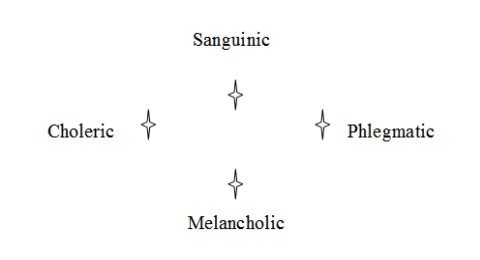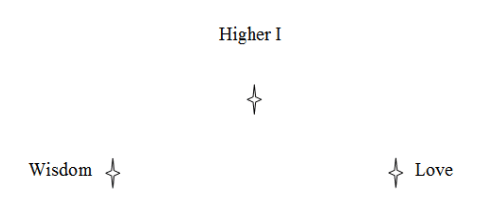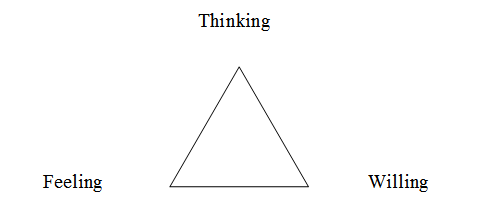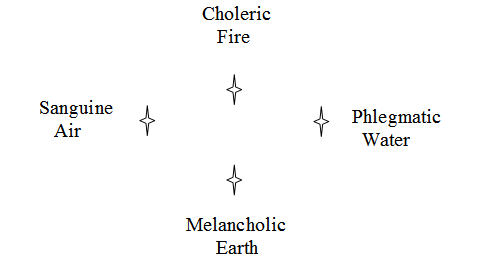Esoteric Lessons I
GA 266
Number 34
Hamburg, 5-31-'08
One must repeatedly let what one had heard in esoteric classes pass before one's soul, and only then will one gradually get out the forces that are hidden in what's given. In this way one learns to distinguish between thoughts that work productively in one's soul and those that are unproductive since they only reflect on things that are already given. If one looks at a watch one can make its whole construction and how it's kept in motion clear in one's thought. But they are unproductive thoughts. The one who first invented a watch had productive thoughts. Most of our scientific thinking is unproductive. But when we occupy ourselves with what's given to our thinking in esoteric classes we occupy ourselves with productive thoughts, and that's a source of strength for our soul. Such thoughts must pass through our soul in the right order. Just as nothing could exist in an organism if a leg was attached where an arm was supposed to be, so everything in our thinking must be consequent. Let's place such a thought structure before our soul today.
One says a lot about wisdom. But wisdom isn't what's often called wisdom today. One gets smart through experience, but wisdom is the force that streams into us from the spiritual world and then streams out again. Wisdom also comes from the mouth of babes. When what streams out comes more from the feeling, it's wisdom, but when it stimulates a man into action so that productivity predominates, it's love. But one has to know what love really is. Someone may feel sympathy for a man's misfortune, but that isn't real love. Sympathy only becomes love if one steps in and helps him. Wisdom and love make up the I. The I is love and wisdom that have become will. This is the higher triad. When it's reflected somewhat lower I, love and wisdom become thinking, willing and feeling, respectively. Reflected even further down they become the four temperaments. Men have composite temperaments, but angels only have one each. The first kind of angels are those who work the choleric temperament into men. Such people like to do things. Sanguine angels inject men with a temperament that makes them receptive to all sublime and beautiful things, although such men aren't very active. They get enthused easily but don't stick to anything very long.
Phlegmatic angels influence men so that they're not interested in what others have created. They do not leave such a creation the way it is, they repeatedly change it, they make everything flowing and indefinite. This is already expressed in the word phlegma, which means slime. Phlegmatics can't make decisions and resolutions and so they're always missing opportunities. Their bodies have soft and indefinite forms, they walk softly as they weave back and forth. And yet such people can also be choleric in their insistence on particular foods that they like. Melancholic angels work on a man so that he sees everything in himself, he's only occupied with himself, he does nothing for progress. So he doesn't enjoy creation and becomes dull and dark. One must judge all characters on the basis of what the individual does for the whole's progress. If one reflects these qualities even further down then choleric corresponds to fire, air to sanguine, phlegmatic to water, and melancholic to earth—there everything becomes rigid and solid.

One should hold such figures before one repeatedly. They make it possible that our soul organism is built up in the right way. One must think through such figures clearly. Our inner life can't be strengthened by thoughts that oscillate back and forth. The soul gets stronger if one places such forms before one's spiritual eye.





